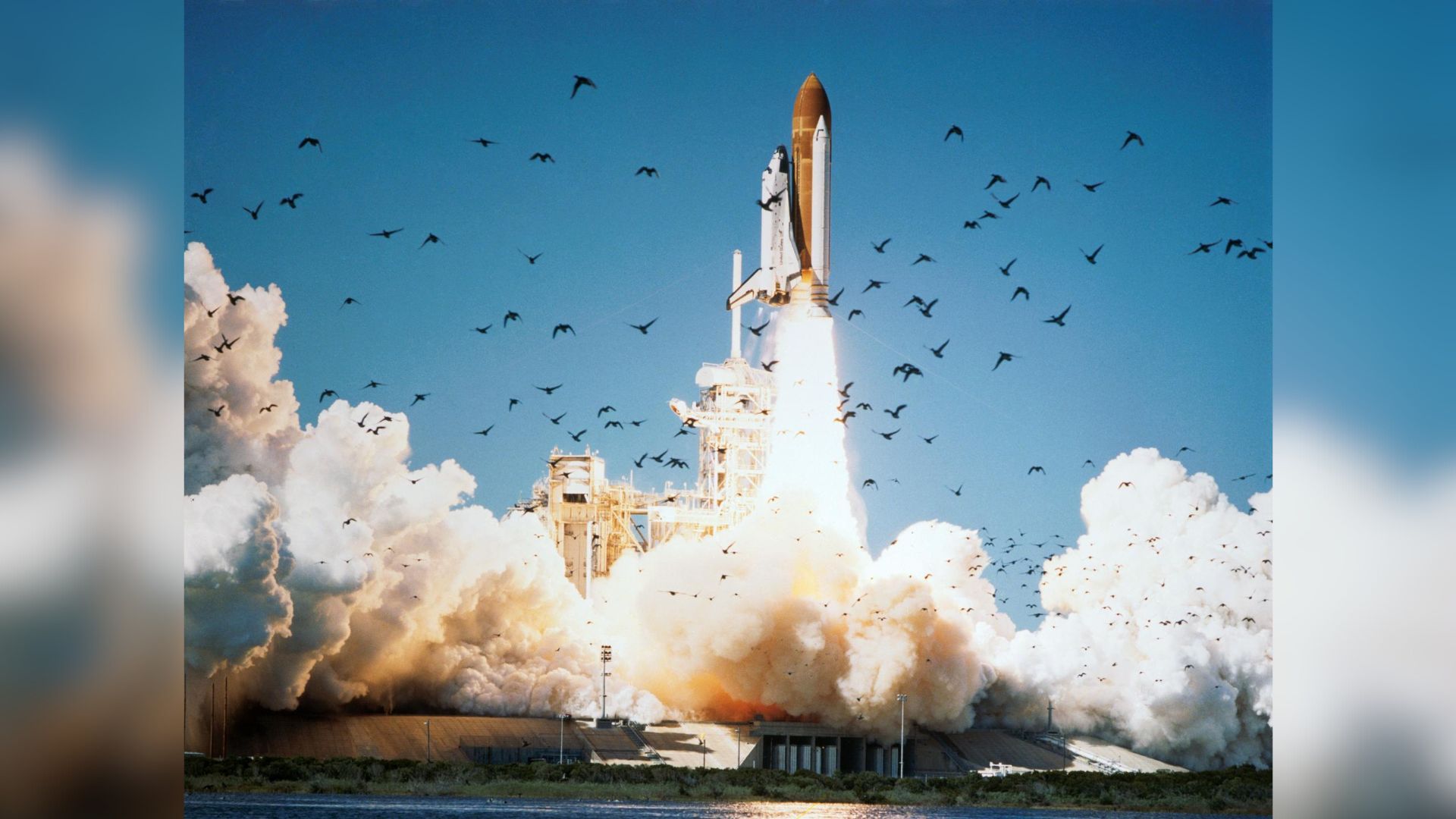TV Review: NOVA - Welcome to Mars
NASA's twin Mars rovers Spirit and Opportunity have yielded volumes of new data about the red planet in the last year - the least of which involves the planet's history of water. But the rovers have also amazed their human handlers with their longevity, lasting nearly four times their initial 90-day mission despite some early glitches that popped up after landing.
A new one-hour documentary NOVA: Welcome to Mars (Public Broadcasting System, Jan. 4 at 8:00 p.m. EST) chronicles the rover mission from the early days after Spirit's landing through the arrival of Opportunity and some following months.
The program is NOVA's sequel to its first rover feature Mars: Dead or Alive, which aired a day after Spirit's Jan. 3, 2004 landing at Gusev Crater (Opportunity landed at Meridiani Planum on Jan. 25). Since then, mission scientists and engineers have helped the rovers overcome a potentially crippling software glitch aboard Spirit, a stuck heater on Opportunity and found evidence that liquid water was once plentiful in the distant Martian past.
For viewers with an interest in Mars - but perhaps not the time to track Spirit and Opportunity's progress day after Martian day - Welcome to Mars provides a pretty clear overview of the mission's science accomplishments to date
But the highlight of the show is its inside glimpse at the effect the rover effort has on the people behind the mission, such as one married couple's effort to both live on "Mars time," a shifting eight-hour work cycle, for their mission duties while raising two children who live firmly on Earth's day-night schedule.
"I wanted people to come away with a sense of what an adventure it was for the people involved in this mission," the show's producer Mark Davis told SPACE.com. "It's not just some sort of cold-blooded science experiment."
The anxiety of Cornell University astronomer Steven Squyres, principal science investigator for the rover mission, during Spirit's software problems seems to sum up his whole team's fears: "Was it something we did? Was it a design flaw or an act of God?" he says in the documentary.
Breaking space news, the latest updates on rocket launches, skywatching events and more!
Meanwhile, other mission team members describe their feelings while covering light-filled windows to blot out the Earth's Sun so as not to distract from their Mars time schedule.
"We landed two rovers on Mars in three weeks," one rover team members says. "What can match this?"
Davis's crew shot 30 hours of video with the Mars rover teams at NASA's Jet Propulsion Laboratory (JPL) in Pasadena, California - where the entire mission was initially managed - then sifted though hundreds of hours of footage captured by a JPL cameraman to make up the 60-minute documentary.
"It was really impossible for people not to anthropomorphize these rovers," Davis said. "They're pretty cute."
NOVA: Welcome to Mars will appear on PBS at 8:00 p.m. EST (Check local listings). You can watch NOVA: Mars Dead or Alive by clicking here.

Tariq is the award-winning Editor-in-Chief of Space.com and joined the team in 2001. He covers human spaceflight, as well as skywatching and entertainment. He became Space.com's Editor-in-Chief in 2019. Before joining Space.com, Tariq was a staff reporter for The Los Angeles Times covering education and city beats in La Habra, Fullerton and Huntington Beach. He's a recipient of the 2022 Harry Kolcum Award for excellence in space reporting and the 2025 Space Pioneer Award from the National Space Society. He is an Eagle Scout and Space Camp alum with journalism degrees from the USC and NYU. You can find Tariq at Space.com and as the co-host to the This Week In Space podcast on the TWiT network. To see his latest project, you can follow Tariq on Twitter @tariqjmalik.
